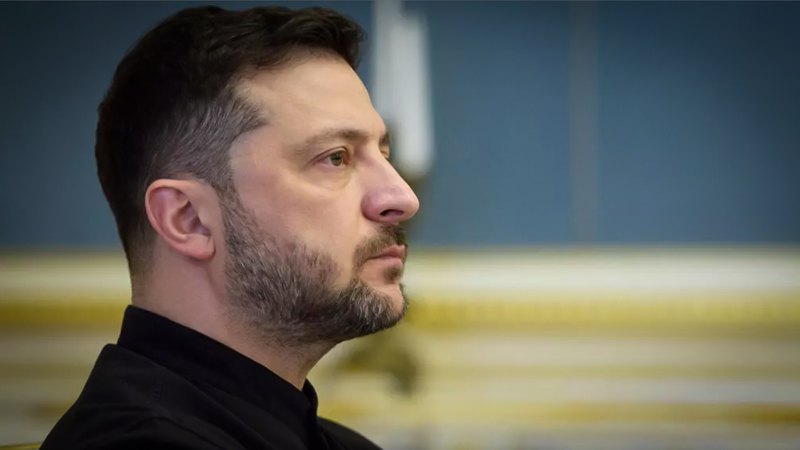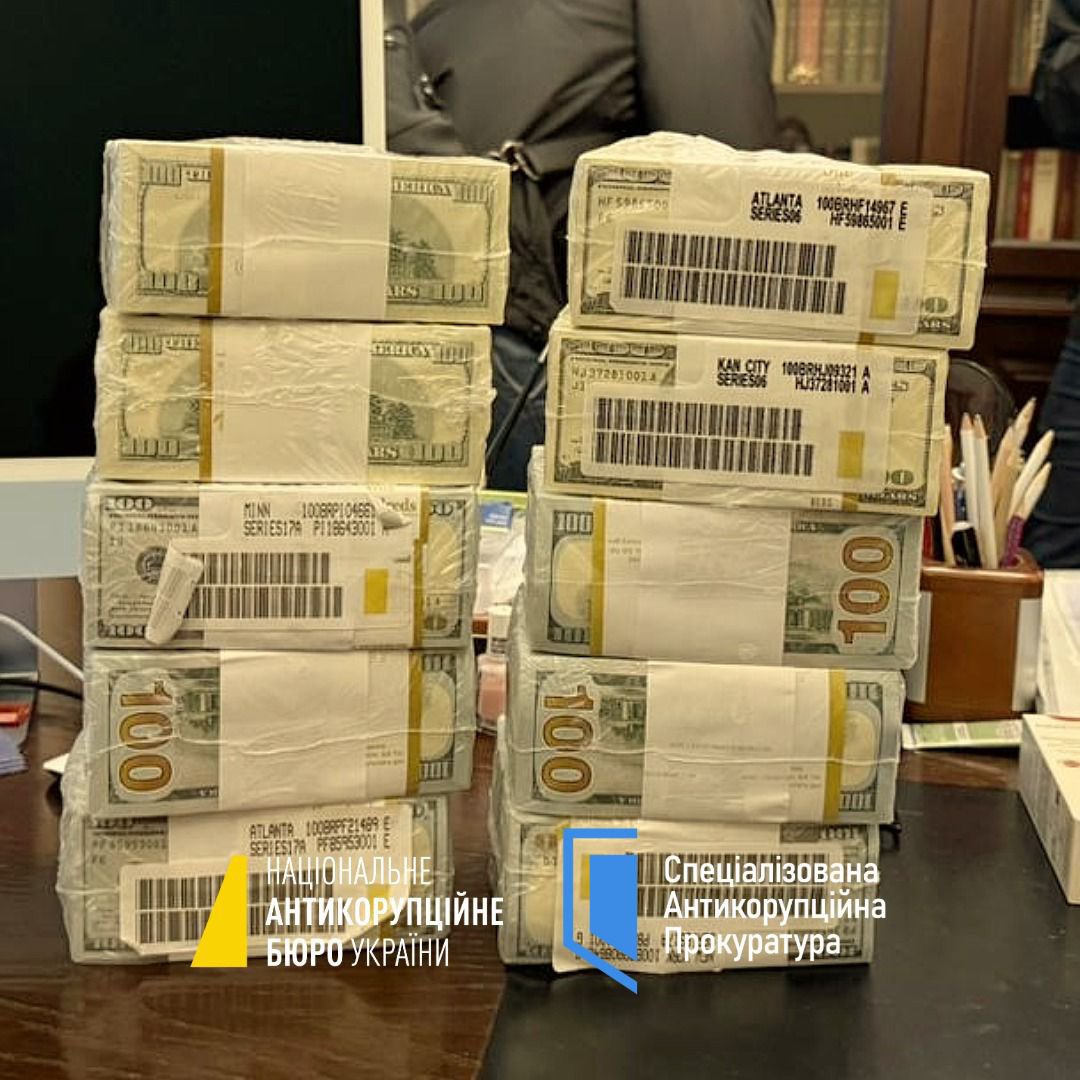
When Mindichgate first started, most top officials in the current administration did not take it seriously. They claimed that NABU was "settling political scores": pursuing some individuals while "ignoring" others. It was also "taking revenge" for the summer attempt to limit the independence of anti-corruption bodies (there is a view that the summer attack on NABU and SAPO was actually an attempt to prevent Mindichgate and similar scandals).
It was then that the narrative that Mindichgate was a tool used by the Americans to pressure the Ukrainian authorities into capitulation first appeared on pro-government Telegram channels. Since the publication of the "28-point plan," this thesis has dominated the rhetoric of the government's supporters.
This does not mean that the assumption is completely untrue.
On the other hand, after the events of July, NABU and SAPO clearly realised that they had to act proactively, as the situation was such that it was either them or Mindich. Moreover, the "development" of Mindich's group did not begin yesterday – it had been going on for a year and a half.
There are no simple answers to complex questions; they are always complex, with many nuances.
However, it is precisely from this, from this condescending attitude at the outset, that we have ended up with no clear communication strategy to overcome the crisis that has arisen. More precisely, no strategy at all.
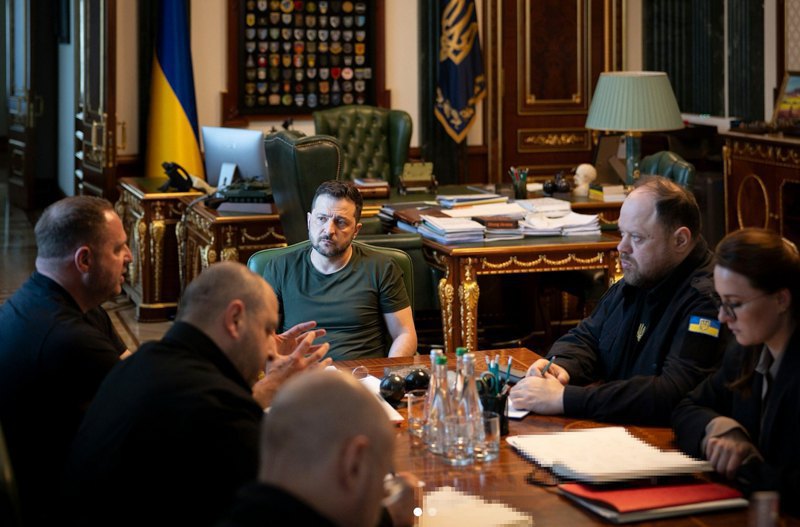
After Mindichgate began, but before leaving on his foreign tour, Volodymyr Zelenskyy held a series of meetings with Prime Minister Svyrydenko, Head of the Defence Intelligence Kyrylo Budanov, and other top officials. Each offered their own scenarios for overcoming the crisis. Detailed photo reports on each of these meetings were published on the president's website.
Except for one – with the leadership of the anti-corruption bloc, with the "Japanese," as they are called behind closed doors in the president's office (don't ask).
The subject of the negotiations: insistence on closing the court hearings in the case of the defendants at the initiative of the plaintiff (this was immediately after the disclosure of information about the connection between Herman Halushchenko and Svitlana Hrynchuk at the hearing), as well as the publication of "everything at once," without "stretching" it out over a series of hearings. As we can see, no agreement was reached – the next "series" came out a few days later. And this is clearly not the end.
Rumours are spreading in government circles about the names of officials who may appear on the tapes in the future. First in line is NSDC Secretary Rustem Umerov, but as Minister of Defence. This is currently the most high-profile episode.
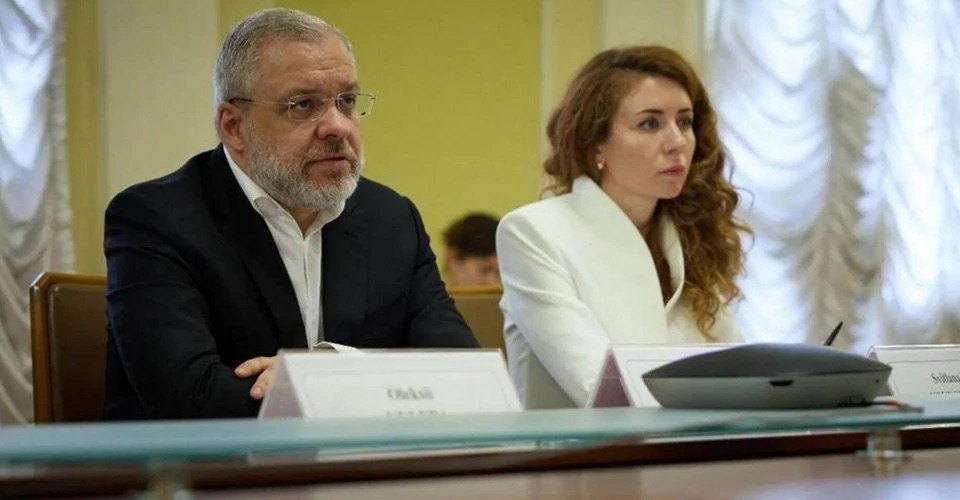
There is allegedly a separate proceeding involving the head of Financial Monitoring, Filip Pronin. According to sources in anti-corruption agencies, he is not making sufficient efforts not only to facilitate high-profile investigations, but even to verify the origin of funds deposited as bail for top figures. This includes checking for any "Russian traces" (for example, from traitor Andriy Derkach).
But without any evidence, there are no suspicions. Currently, the political world is frozen in tense anticipation of how and when the "series" will continue. The "Japanese" cannot simply "stop shooting" for reasons that are, first, purely procedural; second, a matter of self-preservation; and third, the awareness of foreign partners. A pause – perhaps a complete stop – is not an option.
Accordingly, the authorities will consider their response. Or lack thereof. There are no "proactive" plans or global strategy. This is partly due to a lack of understanding of the nature of what is happening – that the causes lie not in the "intrigues" of opponents, but deep within the system itself.
One could debate endlessly whether Mindich is the tip of the iceberg or, as Ihor Kolomoyskyy aptly put it, a gofer, but the "two-room apartment in Moscow" did not send itself.
The head of state's entourage is looking for a "systemic positive solution" to save the situation. More precisely, the ratings. Which ceased to please Bankova long before Mindichgate.
"Previously, the trend was very clear: the Kursk operation – we have growth, Pavutyna – growth. Now there are no particular successes, so the polls are 'stagnant'. The only one with any kind of 'plus' is Dmytro Razumkov. And that, by the way, is also symptomatic," says a source from the same circle.
At the end of the week, many believed that the President's meeting with the Servant of the People faction would help dot the i's and cross the t's, because the day before, the deputies seemed to remember that they are representatives of the people in a parliamentary-presidential republic, that they are subjects, and that parliament is definitely a place for discussion. They even managed to formulate a draft scenario for overcoming the political crisis (we discussed this in more detail on Wednesday evening with the formal author of this draft, Mykyta Poturayev).
"Yes, the plan is not perfect. Yes, legally we cannot create a new coalition without dissolving the previous one, but at least it is a starting point for dialogue. The mood in the faction is terrible, people are crushed and outraged at the same time. If the Office does not make fundamental decisions, the faction will simply fall apart," said one of our interlocutors among the top officials of Servant of the People the next morning.
"And the entire power vertical too. Not only ministers will resign, but also, possibly, some regional leaders. It will be a crisis unlike anything we have seen in 30 years. We will be left without a budget, without an IMF programme, with institutions that are not functioning," added another.
That same morning, on the initiative of Davyd Arakhamiya, the Servants began collecting questions for the President in a separate Google Doc. Anonymous – "so that people feel more comfortable."
The wording varies greatly, such as: "Are you building a 'dynasty'?" "Aren't you ashamed?" "Will you dismiss Yermak?" Only the lazy ones did not talk about the latter in the faction, as if it were a key demand (although the presence of the head of the Office on the tapes is not yet known for certain).
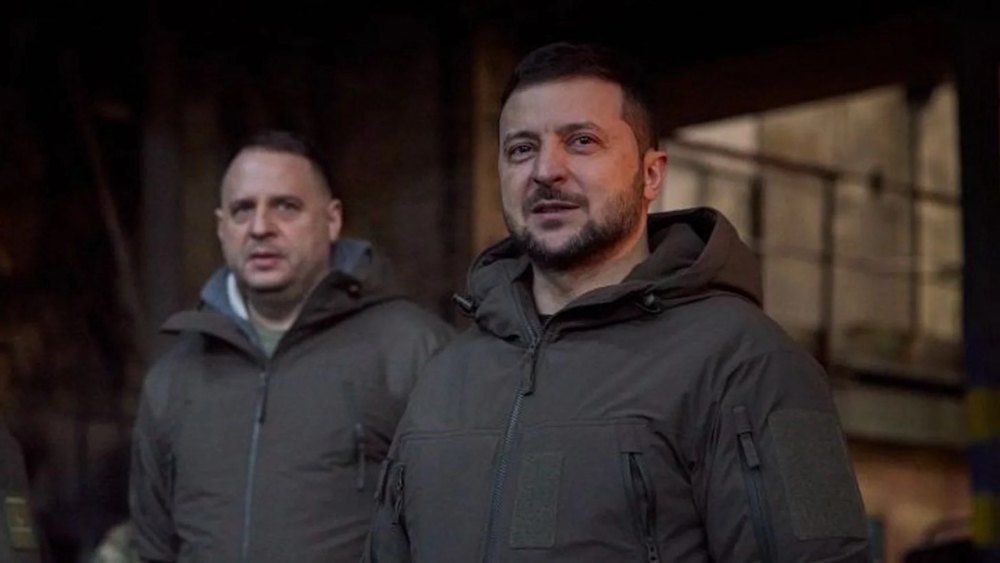
What is the problem with saying all this out loud? Why use an anonymous Google Doc if you have truly remembered your subjectivity and inspire each other with phrases such as "at critical moments in recent history, the Verkhovna Rada took responsibility" [as happened during the Orange Revolution twenty years ago, as happened during the darkest days of the Revolution of Dignity]? The question is rhetorical.
The anticipated meeting took place on Thursday evening. The President arrived with Andriy Yermak. It would seem that all opportunities were there — get up and speak. But, as we know, none of the pressing issues were raised — the Servants collectively remained silent. ‘Subjectivity’ as it is.
Logically, ‘at the top’ they concluded: there is no real mass discontent, there are only a few rebels led by Davyd Arakhamiya, who is "simply taking revenge for the weakening of his position at the beginning of the year”.
Another ‘tick’ in the long list of palace intrigues. And a ‘mark’ for the future — not now, when the time is right.
Well, on Friday, public attention shifted to discussing the points of Witkoff and Dmitriev's ‘peace plan’.
"At the very beginning of Mindichgate, one wise person advised the president: you need to shift the focus. We don't have any military successes at the moment, so we need to talk about peace. Especially since it is objectively necessary — we are limited in human resources, money, everything," says LB.ua's interlocutor.
And that's what happened. The Ukrainian authorities cannot take credit for this — it's just a coincidence.
And now the narrative is as follows: the state is facing a mega-challenge, society must consolidate, and anyone who reminds us of internal problems is a Russian stooge. But these internal problems have not gone away; on the contrary, they are only getting worse, like a chronic disease that is not being treated.
Will the president draw conclusions?
Firstly, personnel changes alone, even very radical ones, will not change anything; the system that has been created over many years (in some places before 2019) needs a radical overhaul.
Secondly, the ‘quick answer’ is in the text of the decree on the composition of the Ukrainian delegation to the peace talks. Yes, Kyrylo Budanov is already there, but Rustem Umerov is still there too.
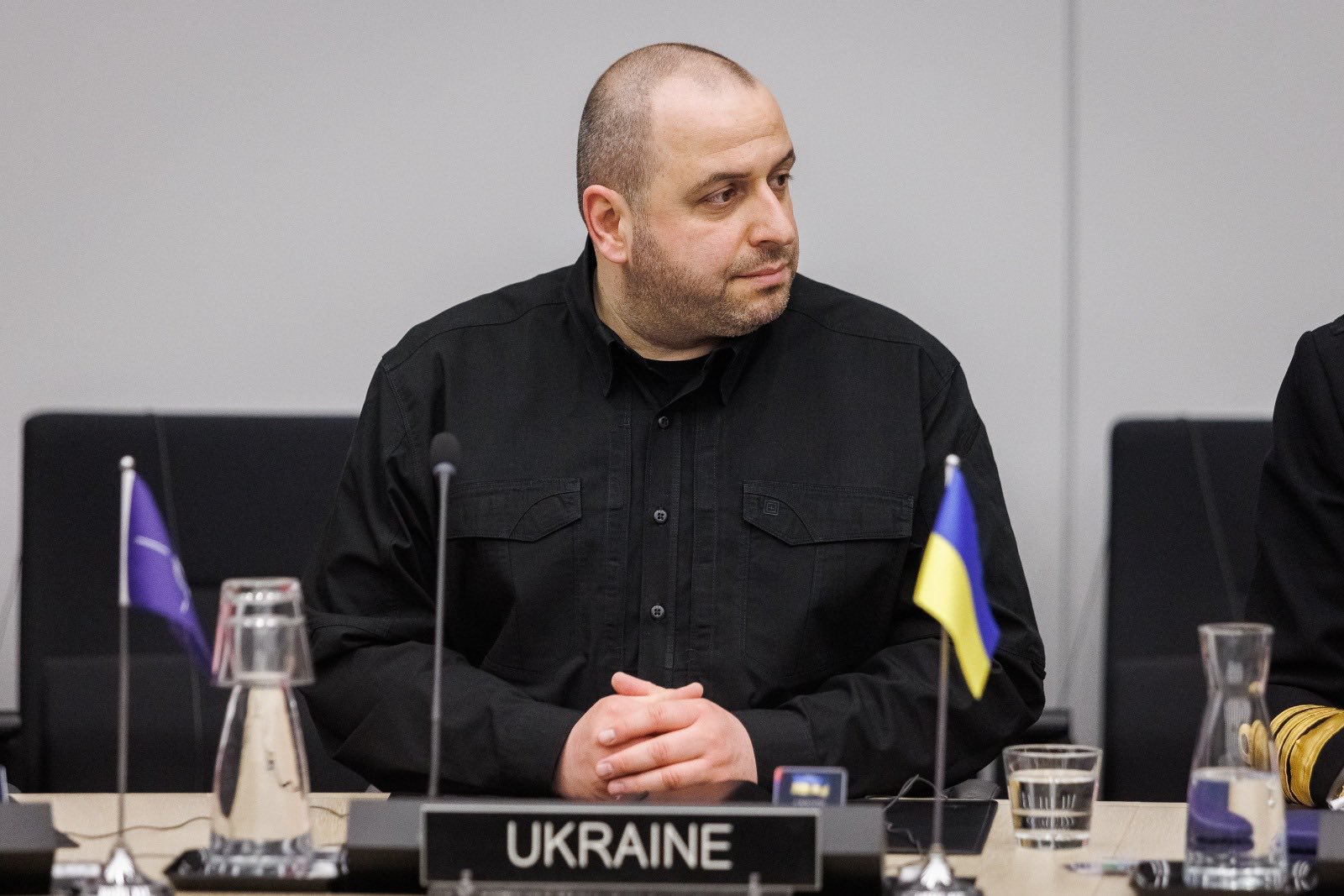
Against the backdrop of this ‘imperfect storm’, two historical parallels come to mind.
The first is about how important it is for the authorities to ‘seize the moment’ and respond in a timely manner, rather than ‘putting out fires’ that could turn into tragedy — in the literal sense. Specifically, on the morning of 18 February 2014, Maydan began a ‘peaceful offensive’ on the Verkhovna Rada. There were a number of demands, but one of the key ones was the repeal of constitutional amendments with which President Yanukovych had significantly expanded his powers after being elected in 2010. At the same time as the Maydan march, a meeting of the Party of Regions faction is taking place, with some deputies voicing moderate criticism and demanding a response to the obvious crisis, but the leader, Oleksandr Yefremov, aggressively insists: no, there will be no negotiations with the opposition, let alone changes to the Constitution; Maydan is fake, it's all paid for; no, there will be no new prime minister (Azarov was dismissed three weeks ago — to somehow let off steam after the ‘dictatorial laws’). At the moment when Yefremov physically says all this (literally, it is not a metaphor), a massacre begins on Instytutska and Sadova streets. What happened next is well known.
The second parallel is Viktor Yushchenko's ‘window of opportunity’ in 2005. Under the terms of constitutional reform, he had a whole year of broad presidential powers — just like Leonid Kuchma in his time. He also enjoyed enormous trust and support from Ukrainian society. Accordingly, he could have used this year for truly groundbreaking reforms and decisive action. He did not use it, and by autumn the country learned the true meaning of the term ‘dear friends’.
Will Volodymyr Zelenskyy learn from the experience of his predecessors? Will he realise that he now has a unique opportunity to make painful, sometimes very painful, but vitally necessary decisions for the country? Decisions on which, without exaggeration, the very prospect of the country's existence depends. Decisions that should be made without thinking about ratings, because after Mindichgate, the political future for the Servants is finally over.
